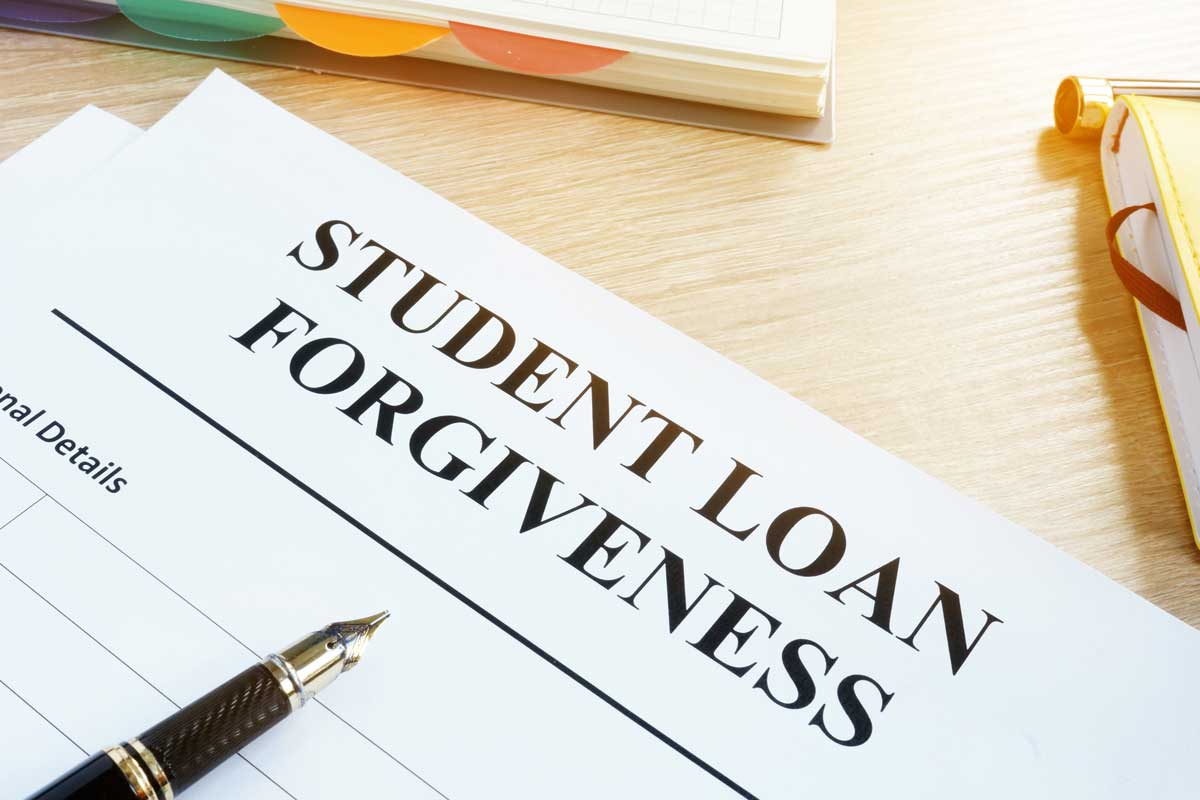Monday’s Boston Globe featured an article by reporter James Pindell that analyzed why President Biden hasn’t kept his campaign promise of cancelling $10,000 of college student debt for every borrower.
Mr. Pindell notes that Mr. Biden is under pressure from the progressive left to cancel more debt. Specifically, Sen. Elizabeth Warren and Sen. Chuck Schumer introduced a resolution to cancel up to $50,000 of debt per student through an Executive Order. I noted from my review of the press release that there are no Republicans supporting this resolution nor does Ms. Warren have support from all her Democrat colleagues in the Senate.
According to Mr. Pindell, it’s not clear that Mr. Biden has the legal ability to cancel student loan debt through an executive order. While Mr. Schumer, Senate Majority Leader, has co-sponsored Sen. Warren’s resolution, his counterpart in the House, Speaker of the House Nancy Pelosi, says that Mr. Biden does not have the authority to cancel student loan debt across the board without any legal reason.
Speaker Pelosi appears to be against cancelling student loan debt writes Mr. Pindell. He provides a quote from her stating “Suppose…your child just decided they, at this time, [do] not want to go to college, but you’re paying taxes to forgive somebody else’s obligations. You may not be happy about that.”
Democrats looking at poor voter polling results are encouraging President Biden to do something that might excite his voter base (and theirs). Mr. Pindell writes that there are four reasons why Mr. Biden has been slow to take any actions on this initiative and if he does, he won’t go beyond his original campaign promise. These reasons are:
- Few will see the benefits – only 13 percent of Americans have federal student loan debt. Second, 68 percent of Americans do not have a college degree and they have been treated like second class citizens because they do not have a college degree. Third, almost one third of all student debt is owed by the wealthiest 20 percent of households and only 8 percent by the poorest 20 percent of households.
- Increases inflation – analysts from the Federal Reserve have estimated that if student debt is wiped out at the $50,000 mark, it will increase inflation by .5 percent. While that might not seem to be much, it’s six months to the midterm elections and voters are already upset with the increases in prices and the national debt.
- Republicans can run on the issue in several ways – Republicans are already calling debt forgiveness a “giveaway to Ivy Leaguers and lawyers” who theoretically amass larger student loans than others. Whether this is true or not doesn’t matter when the political ads start running on television.
- No proof those getting relief will reward Democrats – according to Mr. Pindell, advocates of student loan forgiveness cannot prove that Democrats will be rewarded in November if they succeed in forgiving some amount of student loans. He cites the drubbing that Democrats took in the 2010 elections after passing the Affordable Care Act (“Obama Care”) and the fact that Donald Trump was not rewarded for issuing COVID-19 pandemic stimulus checks weeks before the election of 2020. Even though Biden has acted through Executive Order to extend the moratorium on Student Loan debt through August 31 of this year, his support among younger Americans has declined by 21 percent over the past year.
I think Mr. Pindell’s analysis is spot on. While I am an advocate of affordable higher education, I am not an advocate of students borrowing large sums of money. The points that he makes exclude a few comments and questions that I have.
- What legal claims will former students who borrowed money and repaid it prior to the loan forgiveness date have?
- Why should graduate loans be forgiven when graduates of grad schools earn more money on average than undergraduates and there are far fewer grad students?
- Why wouldn’t you forgive accrued interest and penalties before forgiving principal? Is that fair to those who have repaid their loans including interest and penalties?
- If there is a loan cap on forgiveness, how would they propose allocating it between student loans and Parent Plus loans?
I’m sure there are more thoughts and ideas out there and would like to hear about them. I don’t deny that we have a student loan crisis, but I blame it on the willingness of Congress to increase loan limits as traditional non-profit colleges were increasing their tuition, room and board at rates that exceeded the increases in family incomes.











